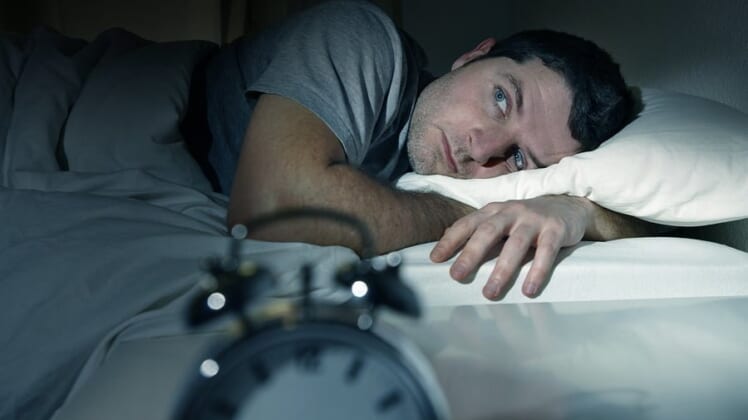Sleeping for Too Long Is As Bad for Mental Health As Not Sleeping Enough

There were also a higher percentage of study participants who reported “perfect health” among the people who slept six to nine hours compared to those who slept more or less.
“These results are important because they provide more information about the importance of getting enough sleep, which is usually six to nine hours per night,” said principal investigator Dr. Charles Bae, neurologist at the Cleveland Clinic Sleep Disorders Center in Ohio. “People may already expect that their quality of life could be decreased when they do not get enough sleep, but they may not realize that sleeping too much can also have a negative impact.”
For the study, Bae and his colleagues analyzed data from 10,654 patient records collected between January 2008 and May 2010. They administered standardized questionnaires to measure quality of life and depression severity.
Bae said he was surprised to observe that sleeping for a long amount of time had the same level of negative impact as not sleeping enough.
“I thought that there would be changes in quality of life and degree of depressive symptoms for short and long sleepers, but did not expect that those changes would be similar in both groups,” Bae said.
Though individual sleep needs vary, according to American Academy of Sleep Medicine, most adults need about seven to eight hours of sleep per night to feel alert and well rested during the day.
